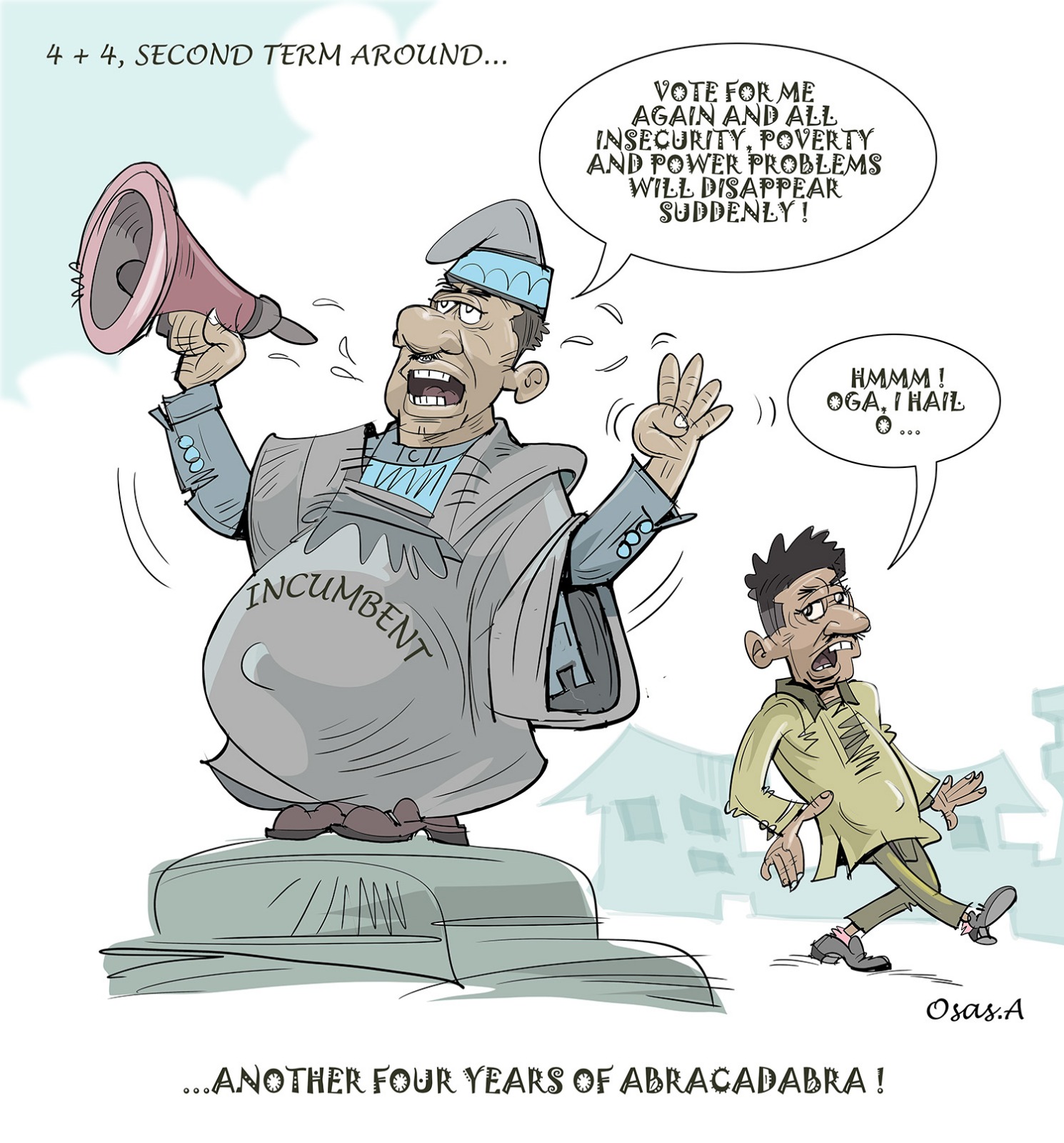
At the 60th Annual Scientific Conference and Anniversary of the Association of Medical Laboratory Scientists of Nigeria (AMLSN), Rt. Hon. Benjamin Kalu, Deputy Speaker of the House of Representatives, delivered a compelling speech that resonated deeply with the medical laboratory science community. Held on November 28, 2024, in Umuahia, Abia State, the event marked six decades of AMLSN’s commitment to advancing medical laboratory science in Nigeria.
In his address titled Improving Medical Laboratory Services in Nigeria: The Role of the Legislature, the Deputy Speaker passionately highlighted the critical role of medical laboratory science in healthcare. He reminded us all that laboratory test results guide about 70% of medical decisions—a fact that underscores how pivotal our work is to the health and well-being of Nigerians.
Yet, despite this undeniable importance, he didn’t shy away from naming the challenges we face daily: inadequate funding, outdated equipment, insufficient opportunities for professional growth, and an overdependence on imported diagnostic tools. These challenges, he said, lead to poor patient outcomes and drive many Nigerians to seek medical care abroad, costing the country an estimated $1.6 billion annually.
The Way Forward: A Legislative Perspective
Hon. Kalu’s speech was more than a diagnosis; it was a roadmap for how the legislature can be a catalyst for change. He outlined practical steps that Nigerian lawmakers can take to elevate our profession and improve healthcare outcomes:
1. Protecting the Medical Laboratory Science Profession
He spoke about safeguarding the Medical Laboratory Science Council of Nigeria Act (MLSCN) of 2003 and updating it to reflect modern realities like AI-powered diagnostics and telepathology. This includes stricter enforcement to ensure only qualified professionals are employed in medical laboratory services.
2. Increased Funding
The Deputy Speaker championed higher budget allocations for acquiring modern diagnostic tools, supporting local production of laboratory supplies, and funding research on diseases like malaria and sickle cell anaemia—conditions that disproportionately affect Nigerians.
3. Oversight and Accountability
To ensure that allocated funds are put to good use, he emphasized the importance of legislative oversight and the need for constant dialogue between lawmakers and key stakeholders, including AMLSN and the Medical Laboratory Science Council of Nigeria.
4. Equity in Leadership
He also addressed a long-standing issue: the underrepresentation of Medical Laboratory Scientists in executive healthcare positions.
Hon. Kalu called for our inclusion in decision-making roles, such as Ministers of Health and Directors of Medical Services, so our expertise can directly influence policies that shape the health sector.
Global Lessons, Local Applications
One of the most inspiring parts of his speech was when he shared success stories from other countries. For instance, he highlighted Rwanda’s investment in diagnostic technology and the U.S. legislation aimed at addressing workforce shortages. These examples show what’s possible when a nation commits to strengthening its healthcare systems.
A Call to Action
Hon. Kalu’s words were both a challenge and a rallying cry. He reminded us that as Nigeria’s population surpasses 230 million, the demand for reliable diagnostic services will only grow. Strengthening our laboratories is not just about better patient care; it’s about restoring confidence in Nigeria’s healthcare system, curbing medical tourism, and creating job opportunities for young professionals.
His speech left us with a clear message: the legislature has a duty to act, and we, as medical laboratory scientists, have a duty to keep pushing for the changes we want to see.
All stakeholders must join forces to tackle the challenges.
As we reflect on the Deputy Speaker’s address, delivered excellently by Rev Hon. Emmanuel Trumps Eke, the Hon Federal Commissioner, National Population Commission; let’s recommit ourselves to our mission of delivering accurate diagnoses and improving patient outcomes. Together, with the support of policymakers, we can truly achieve health for all Nigerians.
This is a moment for us to stand tall and demand the investments and reforms our profession—and the lives we serve—deserve. When we act on these recommendations, we can finally bridge the gaps in our system and ensure that every Nigerian has access to reliable diagnostic services. Let’s build this beautiful future together.






